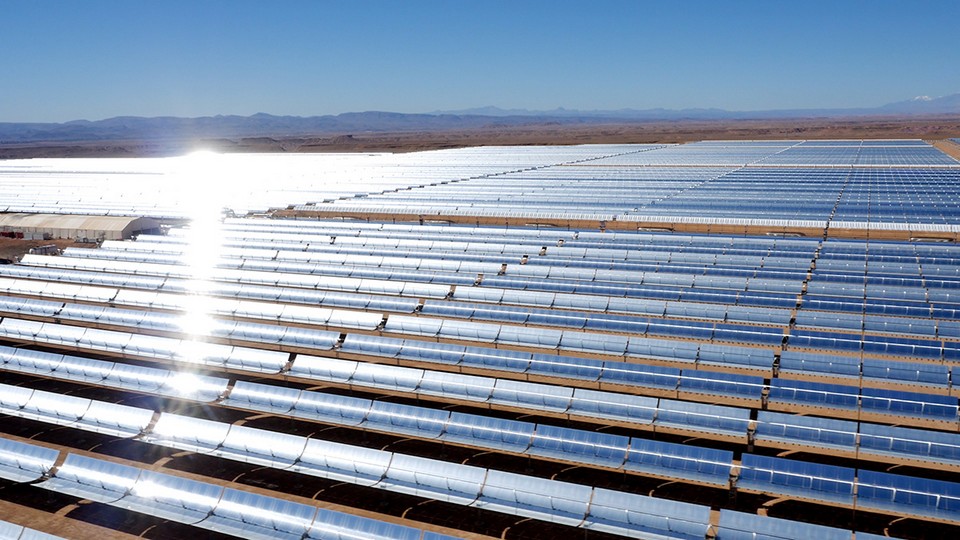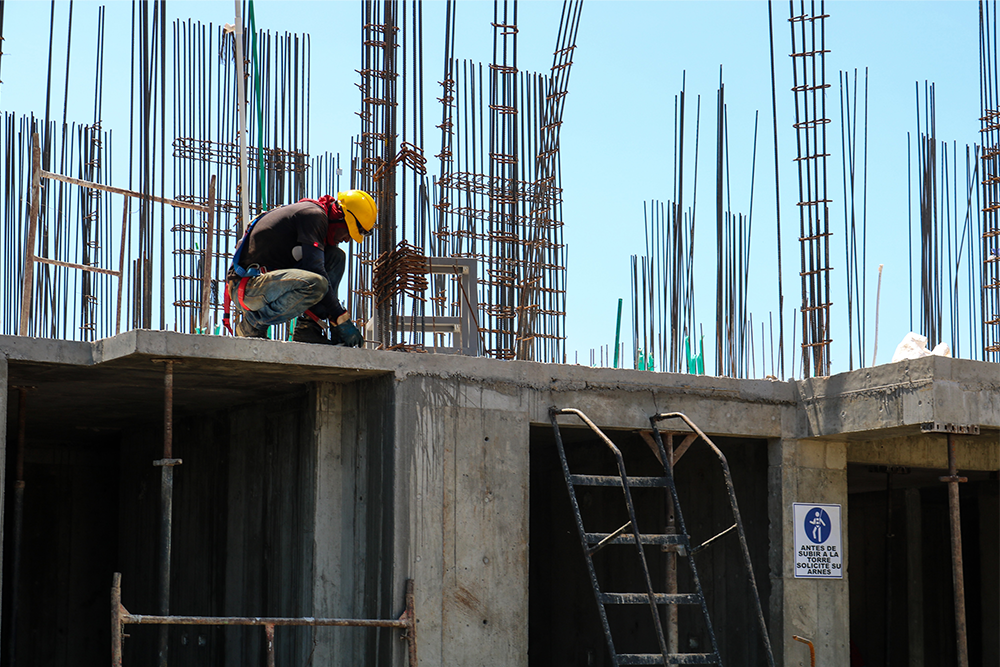928 results found
Featured results



More results
The GI Hub today launches Improving Delivery Models, an initiative that showcases proven delivery model improvements that enhance the quality of infrastructure. Many of the challenges faced in delivering infrastructure can be traced back to the early-stage processes of choosing the delivery model and structuring the project.
This note seeks to identify a research agenda for addressing the main gaps in information for understanding the drivers and impediments of long-term investment and related financing.

This paper explains hard and soft barriers to trade in South Asia by analyzing transport links and trade facilitation issues.




Ahead of the G20 Finance Ministers and Central Bank Governors meeting this week, GI Hub CEO Marie Lam-Frendo provides insights into the actions we’re helping advance in our work with the G20.
The World Economic Forum, the Global Infrastructure Hub (GI Hub) and Meridiam on Wednesday launched a new partnership to help governments across Africa build infrastructure procurement capabilities within their civil services.
In response to a call for submissions issued by the GI Hub and eight multilateral development banks (MDBs) in March 2023, nearly 50 technology providers submitted solutions to make roads more sustainable in emerging markets.
The World Bank Group developed this tool to help governments systematically prioritise infrastructure investments to achieve their development goals, taking into account capacity and public resource constraints.

The report illustartes the challenges and gaps in infrastructure provision in Africa and the benefits from improved urban and rural infrastructure. It also discusses funding and financing and the role of the AfDB in infrastructure.

The Global Infrastructure Hub is negotiating new, long-term partner hosting of its activities to deliver enduring impact.
This guidance tool has been developed for governments that wish to enhance the viability of their PPP infrastructure projects.

The global competition to accelerate the infrastructure industry has entered the next stage with assessment of all InfraChallenge applications now complete.
InfraChallenge 2021 invited ideas for building and maintaining better, more resilient infrastructure. Discover who made the Top 20.
The document contains the key anti-money laundering and combatting financing of terrorism ( AML-CFT ) principles applicable to EIB Group activities and is in line with the principles of relevant EU legislation as amended and more.

Global Infrastructure Hub has launched an international competition designed to disrupt the infrastructure industry through new digitally-driven solutions.

Inflation continues to soar globally, the IMF forecasts inflation will rise from 4.7 percent in 2021 to 8.8 percent in 2022. In India, wholesale inflation has remained in double digits for more than a year. The IMF now expects global growth to slow from 6.0 percent in 2021 to 3.2 percent in 2022 and 2.7 percent in 2023.
AsianInvestor interviews our CEO on the critical role of investors in promoting net-zero targets in infrastructure
Climate change poses a significant threat to infrastructure, with rising sea levels, extreme weather phenomena, and escalating temperatures posing substantial physical risks. These hazards can lead to the degradation of crucial infrastructure assets, undermining social, economic, and environmental stability. Recent analysis by EDHECInfra, as featured in the Global Infrastructure Hub's Infrastructure Monitor report, underscores the scale of the situation. Projections based on current climate and policy scenarios indicate that by 2050, infrastructure assets could see a net value decline of 4.4% on average, and up to 26.7% in the most severe scenarios. This depreciation is a direct consequence of the lack of resilience of global infrastructure to the effects of climate change. The consequences of inaction are far-reaching, affecting not just the financial performance of assets, but also the economic, environmental, and social fabric of communities worldwide. One promising strategy to mitigate these risks involves the adoption of a systemic resilience metrics (SRM) framework tailored specifically to infrastructure.



 Improving Delivery Models
Improving Delivery Models












